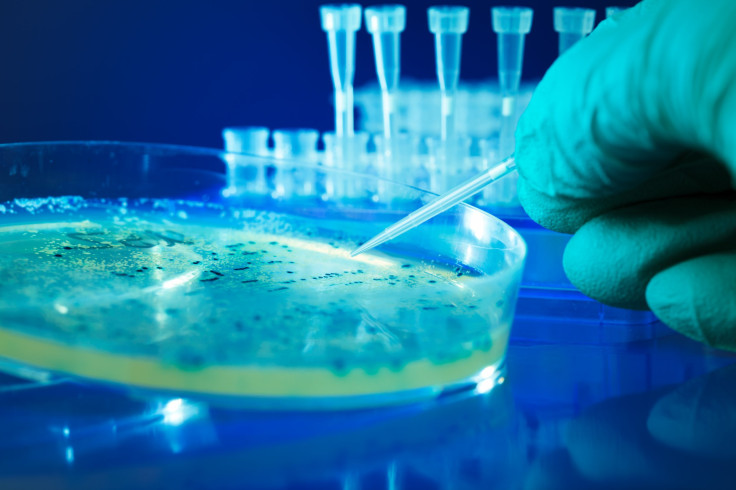Functional Human Intestine Tissue Grown In Lab: Stem Cell Research Breakthrough May Eliminate Need For Organ Transplants

A team of researchers has successfully grown functional human intestinal cells using stem cells. This breakthrough suggests that in the near future people may be able to keep a reserve of spare body parts harvested from their own cells and eliminate the need for organ transplants.
In the study, published online in the journal Nature Medicine, the researchers took genetically engineered human blood and skin cells to create pluripotent stem cells (iPSCs), the Daily Mail reported. These stem cells, like embryonic cells, are able to become any tissue in the human body. For the purpose of this study, the iPSCs were developed into intestinal cells, also known as organoids. They were then grafted into the mice’s kidneys, which allowed them to grown and multiply on their own due to the constant blood flow.
In six to eight weeks, the tiny clusters of human cells ballooned in size and developed into functional intestinal tissue, RT reported. In this specific case, the human intestinal tissue was not rejected by the mice because they had been genetically altered. The tissue was observed to perform many necessary intestinal functions, such as digesting food and absorbing nutrients. According to Michael Helmrath, the study leader and surgical director of the Intestinal Rehabilitation Program at Cincinnati Children’s Hospital Medical Center, “These studies support the concept that patient-specific cells can be used to grow intestine.”
The possibilities for this breakthrough discovery are vast. First off, as Helmrath explains, it “provides a new way to study the many diseases and conditions that can cause intestinal failure.” These range from genetic disorders appearing at birth to conditions that strike later in life, such as cancer and Crohn’s disease, The Independent reported. In the meantime, though, the results could help advance the development of personalized medication, a relatively new and thriving field.
Along with aiding in the study of diseases and how to treat them, the researchers also hope that a similar procedure could be used to grow replacement tissue for patients, ultimately illuminating the need for organ transplants. “It essentially uses the ability of cells themselves to self-organize into a working organ,” Helmrath said. The science of growing body parts has escalated recently. Scientists have grown everything from vaginas and penises to noses and ears, all using human cells.
These lab-grown intestines have yet to be tested in human subjects, with the team explaining that the procedure is still in its infancy of development. It will likely take far more years of research before lab-grown replacement tissue is available to the public.
Source: Helmrath MA, Watson CL, Mahe MM. An in vivo model of human small intestine using pluripotent stem cells. Nature Medicine. 2014.



























